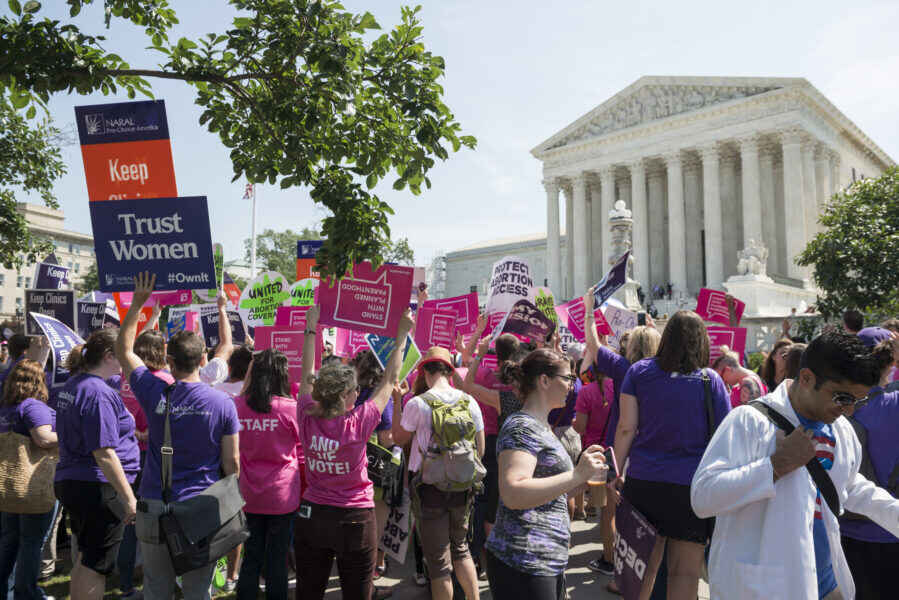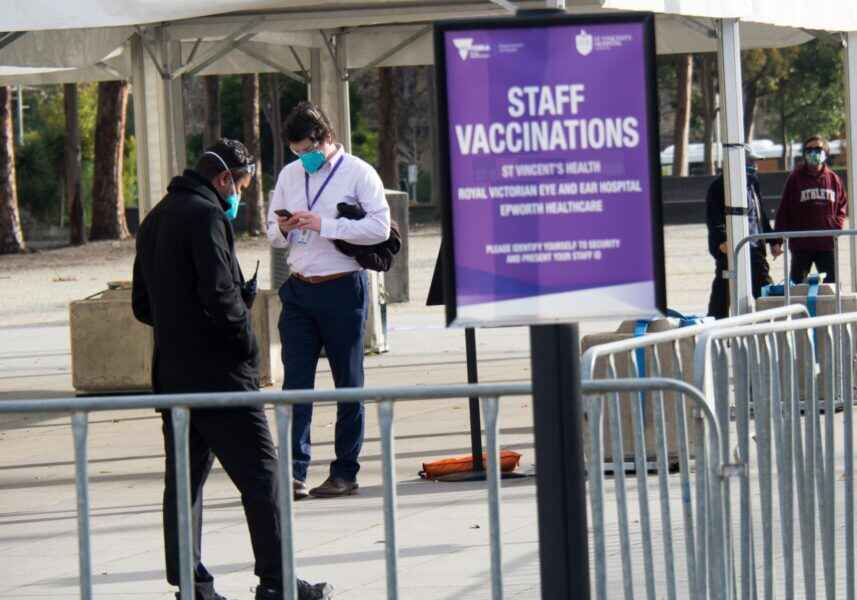
Racial Disparities in Women’s Health
Law & Policy InsightsReproductive Health and Equity Mechanisms for Advancing Health EquityMaternal and Child HealthOn June 24, 2022, the Supreme Court made a decision that disproportionately affects the lives of Black and minority women in Dobbs v. Jackson Women's Health Organization: specifically, access to abortion is not a fundamental right guaranteed by the Constitution. As a result of this decision, 26 states have already, or will soon, ban abortion with little or no exceptions, leaving approximately 33 million U.S. women lacking abortion access in their home states. Twenty-two states whose laws impose strict abortion restrictions collectively are home to 45 percent of Black women under the age of 55.








